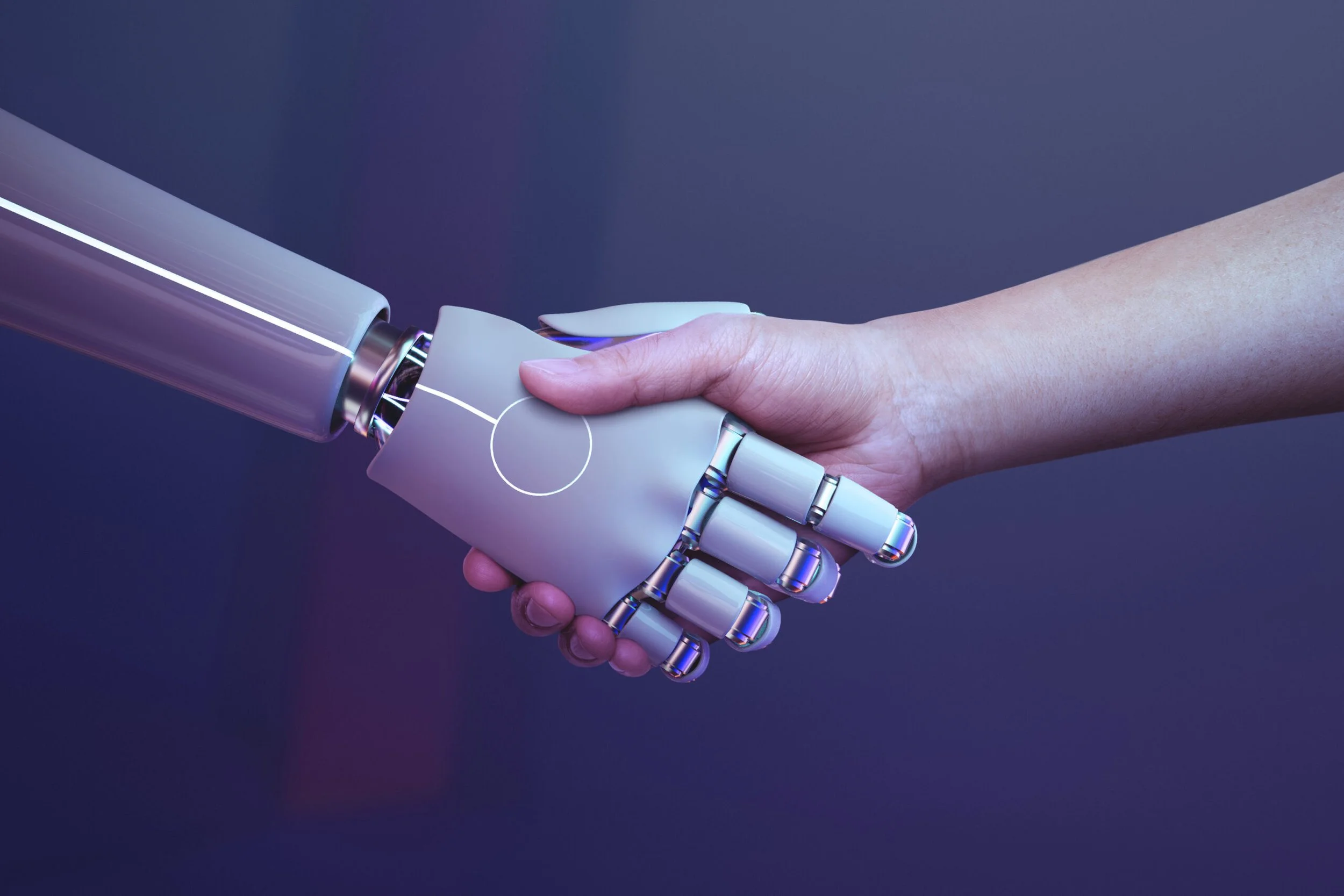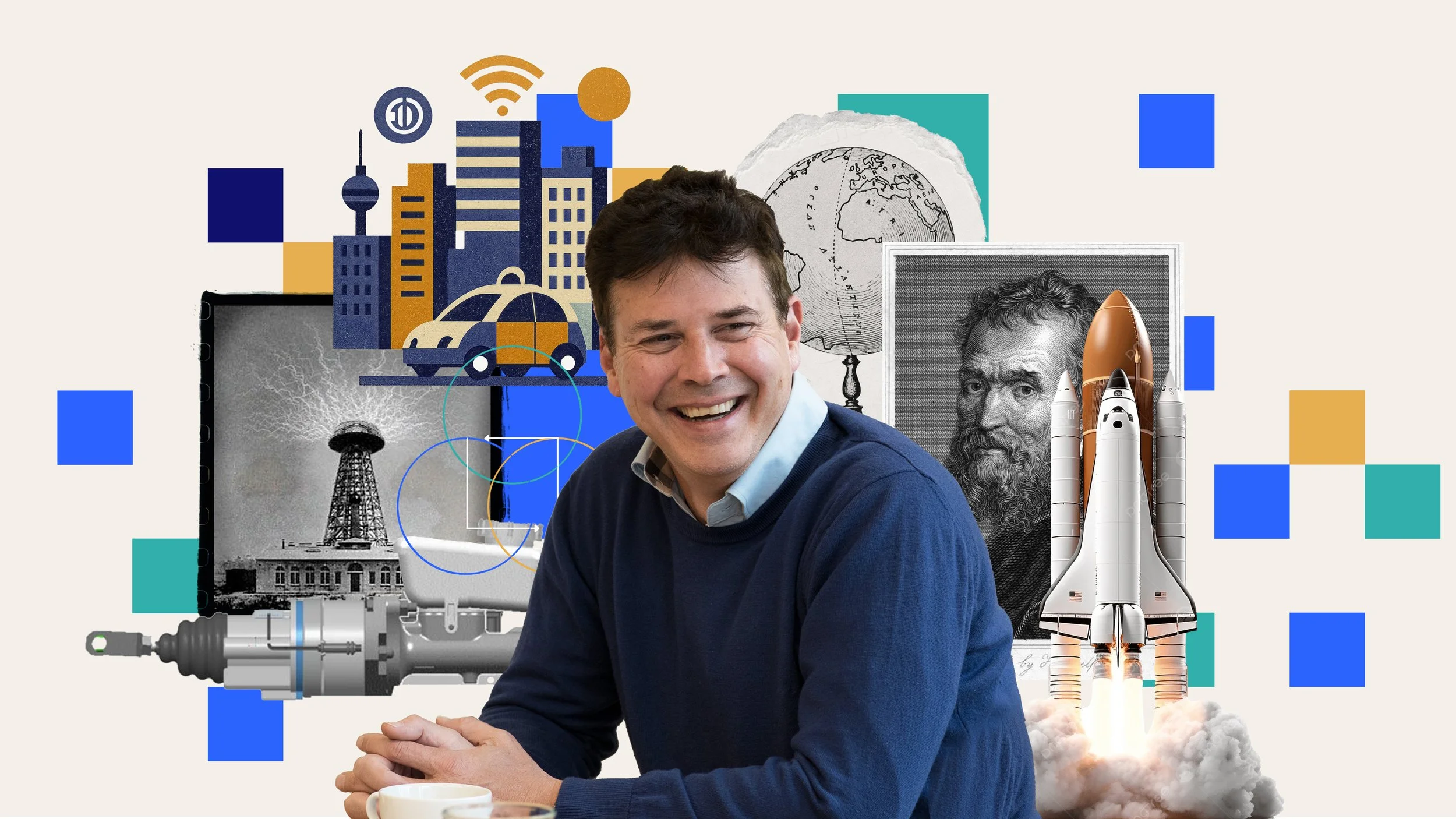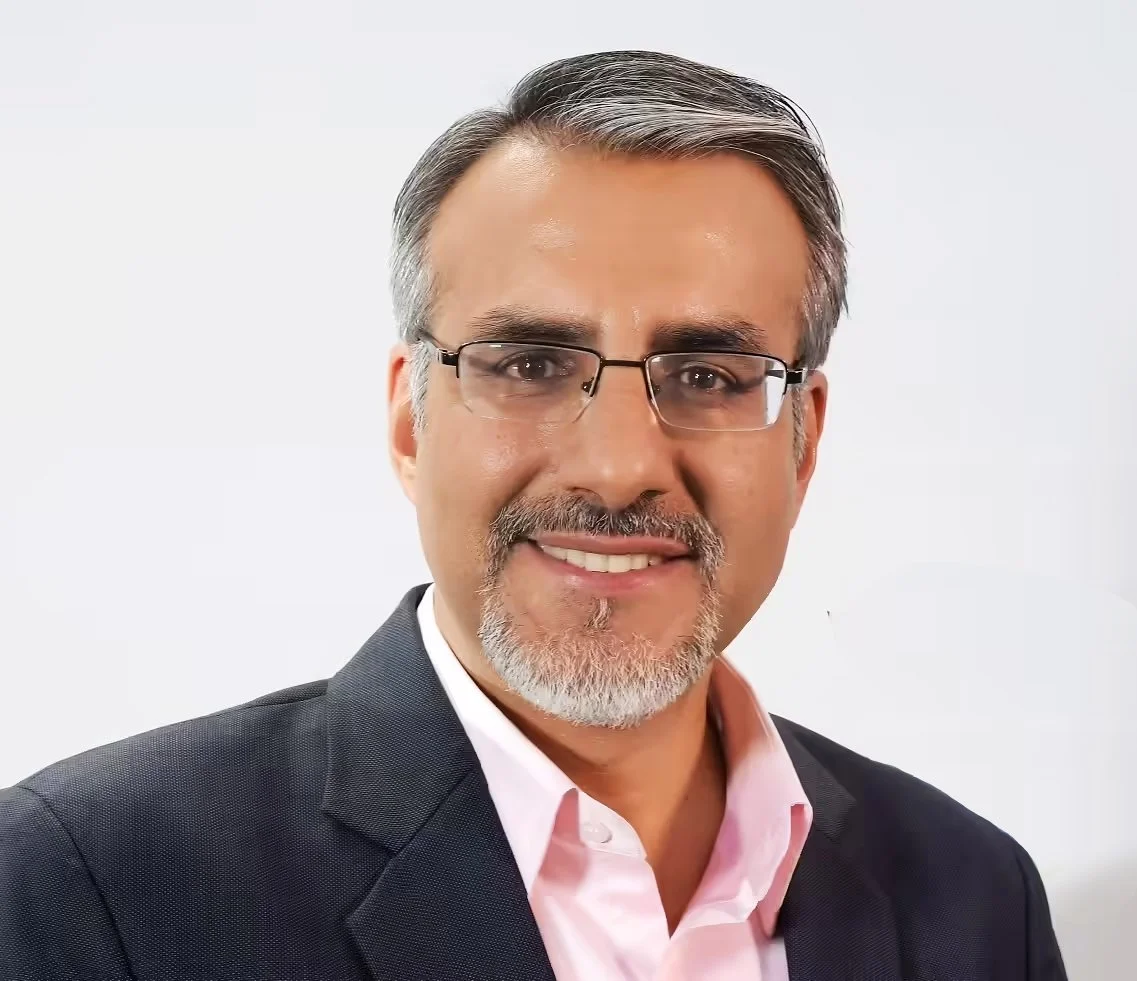Unequal Partners or Powerful Alliances?
The Truth About Collaboration in Global Innovation
Interview with
Dr. Thomas Leiber and Chetan Maini
Dr. Thomas Leiber
LinkedinChetan Maini
LinkedinINTRODUCTION
As innovation stalls in traditionally dominant economies like Germany, a quiet revolution is taking place in emerging markets such as India, China, and Brazil. These fast-growing regions are no longer just sources of low-cost manufacturing—they're becoming engines of bold, agile innovation. In this new landscape, collaboration across borders, sectors, and company sizes is no longer a strategic choice; it’s a survival imperative.
In this in-depth conversation, two visionary leaders—Dr. Thomas Leiber, a prolific German innovator and entrepreneur, and Chetan Maini, the Indian pioneer behind the country’s first electric car, shed light on what it takes to thrive in today’s global innovation ecosystem. From the critical role of intellectual property in levelling the playing field to the cultural and structural shifts needed for true startup-corporate collaboration, Leiber and Maini challenge outdated assumptions and offer a roadmap for transformative partnerships.
Together, they explore a crucial question: Can established and emerging players move beyond unequal transactions to build equitable, trust-based alliances that drive real progress?
This series of articles on “Unequal Partners or Powerful Alliances? The Truth About Collaboration in Global Innovation” goes beyond theory to examine what innovation looks like in practice—from AI-enhanced IP strategies to frugal engineering in fast-moving markets—and reveals how smart partnerships can turn creative ideas into world-changing impact.

PART 3
Beyond Transactions: Building Trust and Equity in Innovation Partnerships
Achieving genuine collaboration between inventors and corporations is often more challenging than it appears—particularly in a landscape where intellectual property (IP), innovation potential, and the means to safeguard IP are unevenly distributed. Fairness itself is a nuanced concept, shaped by individual perspectives. It’s also important to consider internal equity within organizations, ensuring that those who take risks and drive innovation are appropriately recognized and rewarded.
Mr. Leiber and Mr. Maini remain convinced that partnerships perceived as equitable by all stakeholders are the cornerstone of strong, lasting alliances—and essential to fostering true innovation.
According to Mr. Leiber,
“True, fair collaboration requires balance: external innovators should be compensated, and internal champions must be acknowledged.”
Without this equilibrium, partnerships falter, innovators leave, and long-term innovation suffers. He points to this as a root cause of Germany’s innovation gap:
“internal risk-takers are overlooked, and external partners are excluded.”

“Lasting innovation only comes from trust and cooperation across the entire value chain.”
Thomas Leiber
Echoing these thoughts, Mr. Maini brings a global perspective from his extensive work in India and beyond. He emphasizes the importance of mutual respect and empathy, noting that fairness in collaboration is a continual negotiation of expectations.
“Creating fairness begins with empathy—truly putting oneself in the other’s shoes.”
Startups may underestimate the market challenges of commercialization. At the same time, established companies sometimes fail to value the intellectual effort behind an idea, viewing it as a simple transaction:
“You gave me an idea, I paid you, and that’s it.”
Yet, real innovation happens when risk and reward are shared, and both parties adopt a partnership mindset rather than a transactional one. Dr. Leiber underscores this with a crucial insight:
“Innovation should be seen as a joint journey. If both parties bring their strengths to the table and commit to turning the idea into a scalable, profitable product, then sharing the rewards becomes straightforward and fair.”
But this requires a commitment to act swiftly and effectively in bringing the product to market, or else delays erode trust.

“The local partner brings geographic and market strengths, while we provide the technology.”
Chetan Maini
Mr. Maini adds a new dimension to the conversation through his concept of “solution licensing.”
Moving beyond single products, he describes how Sun Mobility licenses entire platforms in partnership with local players: “The local partner brings geographic and market strengths, while we provide the technology.” This model encourages ongoing innovation through pay-as-you-go or fee-based structures, fostering agility and forward-thinking collaboration. He believes the future of innovation lies here—at the intersection of business models and technology platforms—offering a “multi-dimensional” approach that reshapes markets.
Reflecting on Germany’s past economic successes, Dr. Leiber recalls an ecosystem built on long-term collaboration between midsize and large companies. Today, he laments, the focus has shifted to cost-cutting and transactional deals, which stifle innovation: “Suppliers lose the capacity to innovate—they’re forced into survival mode rather than growth mode.” For him, fairness in innovation partnerships is deeply rooted in mutual understanding and trust, recognizing that “lasting innovation only comes from trust and cooperation across the entire value chain.”
In sum, fair collaboration is more than dividing profits—it’s about building enduring partnerships where risks, rewards, and respect are shared, paving the way for innovation that thrives beyond transactions.
Unlocking Fair Collaboration:
Five Tips for Startups and Established Companies
1
Recognize and Reward Risk-Takers Internally and Externally
Ensure that both internal champions who drive innovation and external partners who contribute ideas receive proper acknowledgement and compensation. Without this balance, motivation and collaboration break down.
2
Build Mutual Respect Through Empathy
Take time to understand the challenges, efforts, and perspectives of both sides—from the complexity of developing ideas to the realities of commercialization. Empathy fosters fairness and stronger partnerships.
3
Adopt a Partnership Mindset Over Transactional Deals
Move beyond “one-off” exchanges of ideas for payment. Focus on sharing risks, rewards, and long-term value creation through ongoing collaboration.
4
Commit to Speed and Execution
Fairness includes a commitment from all parties to bring innovations to market efficiently. Delays or reluctance to act can erode trust and damage partnerships.
5
Focus on Long-Term, Trust-Based Ecosystems
Foster lasting relationships built on transparency, trust, and shared vision rather than short-term cost-cutting or power plays. A collaborative ecosystem encourages sustainable innovation and growth.
About the Interviewees
Dr. Thomas Leiber
Entrepreneur & Innovator in Automotive and Aerospace Engineering
Dr. Thomas Leiber is a renowned entrepreneur and innovator with nearly 500 patents across electric and autonomous vehicle technologies, pioneering the fail-safe brake-by-wire technology now installed in 30% of new cars. With degrees from TU Berlin and from TU Graz (Ph.D) and post-doc studies from Massachussets Institute of Technology (MIT), he blends deep technical expertise with strategic insight from McKinsey & Company. Leiber has launched ten companies across five countries, including LSP Innovative Automotive Systems and ipgate AG. The son of ABS inventor Heinz Leiber, he continues the family legacy of breakthrough innovation. He is also an angel investor, startup mentor, and philanthropist supporting renewable energy, education, and medical research through the Leiber Family Foundation.
‘I grew up surrounded by innovation, and now my focus is on building bridges between companies and cultures—turning intellectual property into real-world impact through collaboration, strategy, and future technologies.’
Thomas Leiber
Chetan Maini
Co-founder of SUN Mobility & Pioneer of Electric Vehicles in India
Chetan Maini is a trailblazing entrepreneur best known for developing India’s first electric car, the REVA, in 1999. With degrees in mechanical engineering from the University of Michigan and Stanford, he has spent over two decades advancing clean mobility. As founder of Reva Electric (now Mahindra Electric) and co-founder of SUN Mobility, Maini holds over 30 global patents in EV energy systems. He has also influenced national EV policy through his work with Indian government boards. Recognized by BBC Top Gear and Businessweek as one of India’s most influential innovators, Maini remains a driving force in global sustainable transport.
‘Innovation and climate have always been at the heart of what I do, and I truly believe that now is the time to make a difference.’
Chetan Maini




